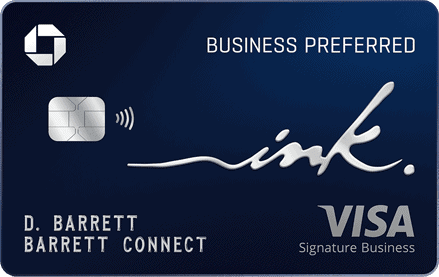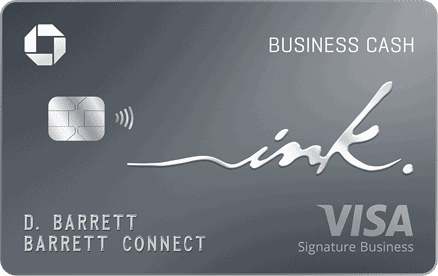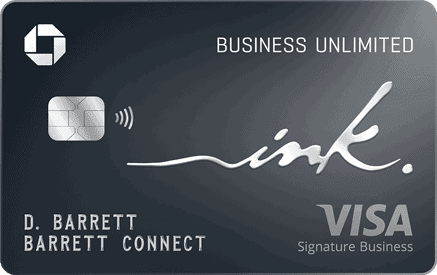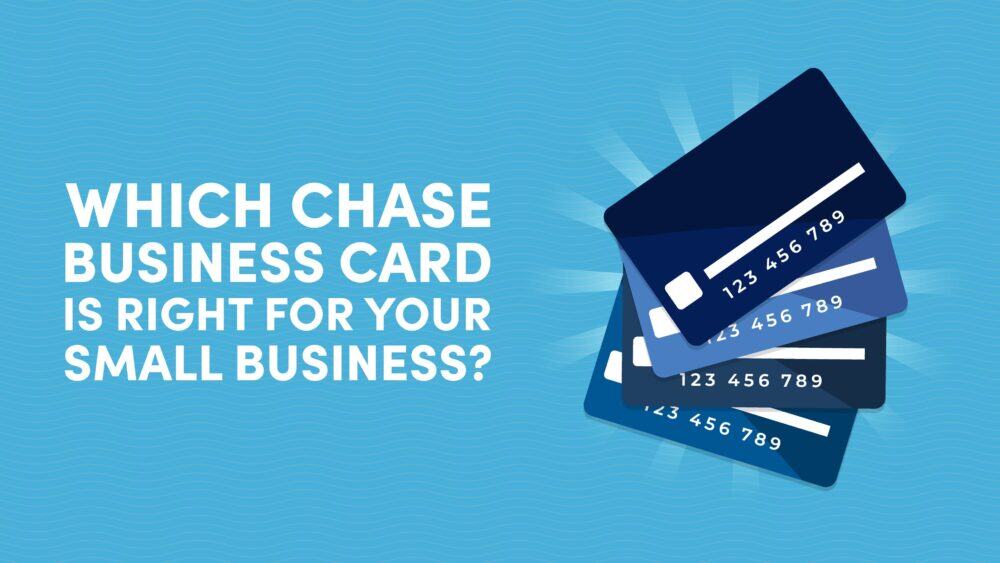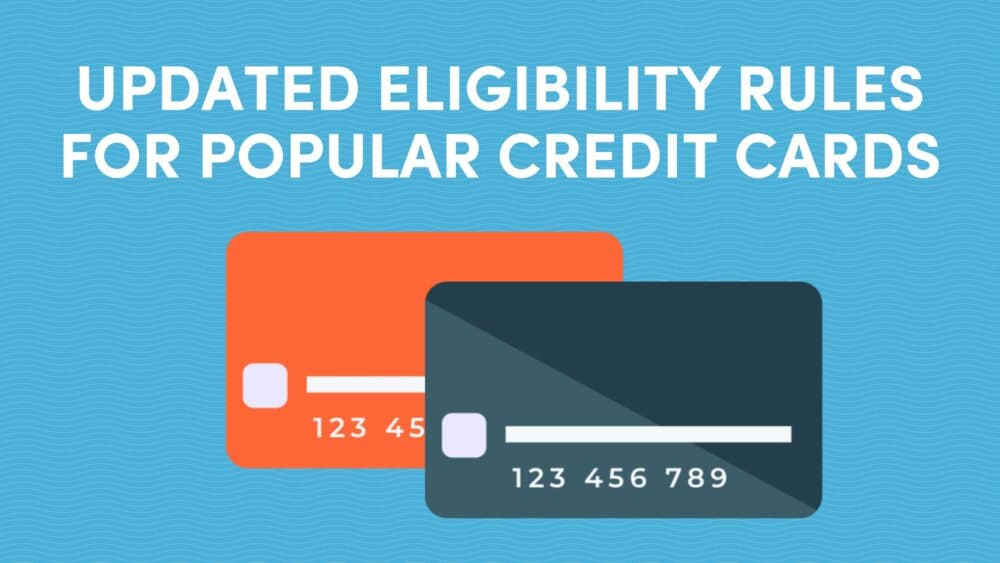
10xTravel is part of an affiliate sales network and receives compensation for sending traffic to partner sites, such as CreditCards.com. This site may earn compensation when a customer clicks on a link, when an application is approved, or when an account is opened. This compensation may impact how and where links appear on this site. This site does not include all financial companies or all available financial offers. Terms apply to American Express benefits and offers. Enrollment may be required for select American Express benefits and offers. Visit americanexpress.com to learn more. All values of Membership Rewards are assigned based on the assumption, experience and opinions of the 10xTravel team and represent an estimate and not an actual value of points. Estimated value is not a fixed value and may not be the typical value enjoyed by card members.
Note: Some of the offers mentioned below may have changed or may no longer be available. The content on this page is accurate as of the posting date; however, some of our partner offers may have expired. You can view current offers here.
Adding a business credit card to your wallet can have many advantages. They’re great for separating personal expenses from business expenses, building your business credit (which could help you get a business loan in the future), giving your business more access to capital in the short-term and helping you earn valuable rewards points on business spending.
If you’re using a business credit card for a business of which you’re the sole owner (such as a sole proprietorship or a single-member limited liability company, aka an LLC), things are relatively uncomplicated. The single owner of the business controls the spending and the use of any rewards earned. However, if you’re looking to get a business credit card for a business with multiple owners, these issues can get slightly more confusing.
How can you divide rewards points among the partners in a multi-owner business? What’s the credit card application process like for a multi-owner business? In this article, we’ll answer these questions and more so you can make well-informed decisions about adding a business credit card to your business’ strategy.

What Are the Benefits of a Business Credit Card?
Before we discuss the logistics of opening a business credit card and dividing responsibilities and rewards among multiple owners, let’s look at why you might want to get a business credit card in the first place.
Generally, here are some of the advantages of business credit cards:
Earn Rewards Points for Business Spending
If you aren’t using a business credit card that earns rewards to make your business purchases, then you’re leaving money on the table.
For example, let’s say that your business spends a combined $100,000 on product shipping and social media advertising per year. If you were to open the Ink Business Preferred® Credit Card, which earns 3X Ultimate Rewards points on shipping and social media advertising (up to $150,000 per year), then that $100,000 in business expenses would earn you 300,000 points. These points are worth a minimum of $3,000 and could be worth considerably more when redeemed for travel.
So, if you aren’t currently using a business credit card for your expenses, you could be missing out on a lot of potential value.
Chase Ink Business Preferred® Credit Card
100,000
bonus points
after you spend $8,000 on purchases in the first 3 months from account opening.
Annual Fee: $95
Chase Ink Business Cash® Credit Card
Earn $750
bonus cash back
when you spend $6,000 on purchases in the first three months after account opening
Chase Ink Business Unlimited® Credit Card
Earn $750
bonus cash back
after you spend $6,000 on purchases in the first 3 months from account opening
Separate business and personal expenses, making accounting easier
Using a business credit card can also help you separate your personal expenses from your business expenses, which is especially important if you have a business with multiple owners.
If you put all of your business expenses on your personal credit card, then you’ll have to separate each type of expense when it’s time to do your accounting. Any mistakes in this process could mean that the individual is covering the business’ expenses or the business is covering the individual’s expense.
By using a business credit card, you can easily export your business expenses without worrying about separating out your personal expenses.
Build Your Business’ Credit Score
Just like individuals, businesses also have credit scores that can influence how much your business pays for insurance, the rates you’ll receive for business loans and more. So, if you want to build a good business credit score, one way to do so is by spending on a business credit card and making all of your payments on time.
Of course, if you aren’t certain in your ability to make payments on time, then a business credit card can have a negative effect on your business’ credit score. So, you should always keep your business credit card spending at a manageable level that you’ll be able to pay off consistently.
Gain Access to Capital in the Short Term
Another advantage of a business credit card is that it can help you access short-term capital when you’re short on cash. For instance, let’s say that you’re going to receive a large payment from a client in a week, but you have very little free cash at the moment. However, you have to make a payment to a vendor tomorrow.
With a business credit card, you could make the payment to your vendor on time with your credit card and then use the payment from your client to pay off your credit card when it comes in.
As you can see, having a business credit gives you more flexibility in terms of cash flow and could potentially be of huge help in a pinch.
Manage Employee Spending
Most business credit cards allow you to add authorized users to your account for free. This means that you can get physical cards for each of your employees, enabling them to make purchases for your organization.
Additionally, many business credit cards allow you to set spending limits for each of these employee cards, view individual spending for each employee card and sometimes even restrict the spending categories for which employee cards can be used.
This feature can be helpful for allowing your employees to make purchases on behalf of your company while also making sure that they’re using your credit account responsibly.

How to Apply for a Business Credit Card with Multiple Business Owners
If you’re applying for a business credit card for a business with multiple owners, the process is fairly similar to the process for a sole proprietorship or single-member LLC. However, there are a few key differences that you should be aware of.
First of all, during the application process, you’ll be asked for information about your business, including its name, contact information, industry, how many years you’ve been in business, annual revenue or sales and the company structure. Of course, since your business has multiple owners, then your business structure would probably be a multi-member LLC, general partnership, limited liability partnership (LLP) or corporation.
You’ll also be asked to enter a federal tax ID number, which can be either a Social Security number (SSN) or Employer Identification Number (EIN). While sole proprietors can enter their SSN for this field, a business with multiple owners should enter its EIN.
In many cases, you’ll also need to include personal information (such as name, date of birth, address and more) for all beneficial owners of your business. These include direct business owners with at least 25% ownership in the company. So, if you’re applying for a business credit card, you’ll want to have this information for all other beneficial owners on hand.
Before approving your application, a bank will typically look into the credit history of owners listed. Occasionally, a bank may reach out to you for additional information before approving your application. However, if you follow the steps above, then your business credit card application should go through just fine.
Who Is Liable for Paying a Business Credit Card with Multiple Business Owners?
One of the biggest issues with having a business credit card shared among multiple business owners is the question of who is responsible for paying the credit balance. In the case of a default, who is the bank going to seek retribution from? And whose personal credit score is going to be affected?
Business Entity Liability
In all cases, the business entity is first and foremost responsible for paying off the credit card. So, if you have an unpaid delinquent balance on your business credit card, then your issuer will first seek to be repaid from your company’s assets. This will also have a negative effect on your company’s credit score.
Personal Liability in Unincorporated Businesses
In the event that your company’s assets can’t cover a delinquent balance, then an issuer can go after a debt from any owners’ personal assets if your business isn’t incorporated (for instance, a partnership). The liability that each partner faces will most likely be proportional to each owners’ ownership share (unless other agreements have been made). This will also have a negative effect on the personal credit scores of each owner.
Personal Liability in Incorporated Businesses
If your company is incorporated (such as an LLC, S-Corp or C-Corp), then issuers will almost always require you to sign a personal guarantee when applying for a business credit card. In this case, if your company’s assets can’t satisfy a delinquent balance, then the issuer will come after the guarantor’s personal assets, and the guarantor’s personal credit score will be affected. So, you should always be cautious to open credit cards in the name of an incorporated business.
Authorized User
If you’re an authorized user on a business credit card, then you won’t be personally liable for paying a delinquent business credit card balance out of your own personal assets. The credit account also won’t show up on your personal credit report. This means that unpaid balances on that business credit card won’t affect your personal credit score.

How to Divide Credit Card Points Among Multiple Business Owners
As mentioned above, one of the best advantages of business credit cards is that they allow you to earn rewards points on business purchases. However, if your business has multiple owners, how do you divide those points among owners?
Unfortunately, credit card issuers always pool all points earned by a credit account. So, for instance, if you have three owners (one with a 40% share and two with a 30% share), there’s currently no way to divide up the points earned by a business credit card based on each owner’s share. You can’t even divide these points evenly in half.
In effect, all of the points earned by a business credit card are controlled by the primary account holder who has the sole power to determine how points are redeemed. However, if you’re the primary account holder and you decide to spend all of your points on personal expenditures, it could lead to grievances with the other owners and within the organization in general.
Potential Solutions
Since credit card points can’t be automatically prorated to multiple owners, businesses with multiple owners are often forced to come up with creative solutions for these issues. Here are some potential solutions you could consider:
- Only redeem credit card points for business expenses. In this case, the value of all points earned would be reinvested in the business, which would effectively prorate their value to each owner according to their share.
- Use points to purchase incentives for employees. Some businesses will use their points to book travel, which can be used as an incentive or bonus for employees.
- Creating a separate agreement to reimburse each owner for their share of the points’ value. For example, you could redeem all points for cash back to the primary account holder’s bank account and then have that cash distributed among owners based on ownership shares. You’ll most likely want to have this sort of agreement in writing.
- Using separate business credit cards. In some business organizations, using a joint business credit card may not be the best option. For example, if you have a two-member LLC, then it might make sense to each have your own individual business credit card.
In general, we recommend reinvesting the value of your credit card points back into the business in some way. Trying to determine the value of points and divide them among owners can get complicated.
The Bottom Line
There are many reasons why business credit cards can be powerful tools for your business organization. However, if you have multiple business owners sharing a single business credit card account, things can be slightly complicated.
First off, the process of applying for a business credit card with multiple owners is more or less the same as applying for a single-owner business credit card. However, you may be asked to provide personal information for all beneficial owners.
In terms of liability, the business organization is always responsible for unpaid debts first and foremost. However, if you can’t pay a delinquent balance out of your company’s assets, then the issuer may come after owners’ personal assets, depending on how your business is organized or whether you signed a personal guarantee when applying for the card.
Finally, rewards earned with business credit cards are always pooled in one account and can’t be prorated to owners. To get around this, you might consider simply reinvesting all points back into your company’s expenses.
Get help with business formation from our friends at Northwest Registered Agent
New to the world of points and miles? The Chase Sapphire Preferred® Card is the best card to start with.
With a bonus of 75,000 bonus points after you spend $5,000 on purchases in the first 3 months from account opening. , 5x points on travel booked through the Chase TravelSM Portal and 3x points on restaurants, streaming services, and online groceries (excluding Target, Walmart, and wholesale clubs), this card truly cannot be beat for getting started!
after you spend $8,000 on purchases in the first 3 months from account opening.
Annual Fee: $95
Editors Note: Opinions expressed here are author’s alone, not those of any bank, credit card issuer, hotel, airline, or other entity. This content has not been reviewed, approved or otherwise endorsed by any of the entities included within the post.



